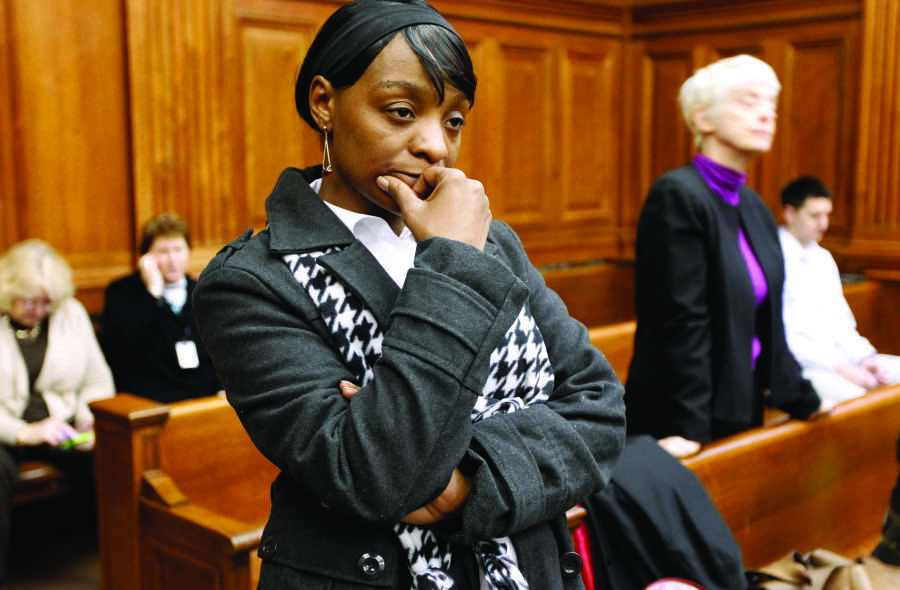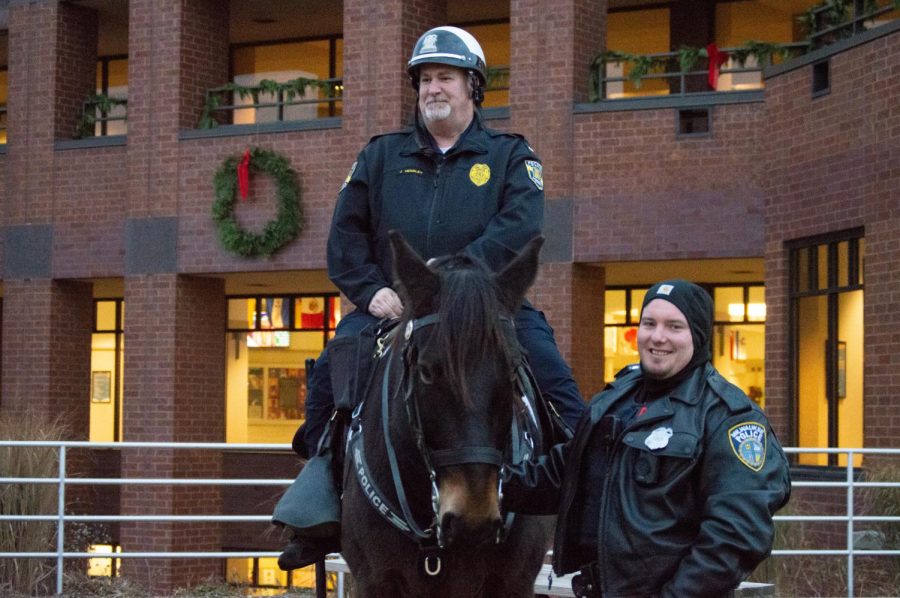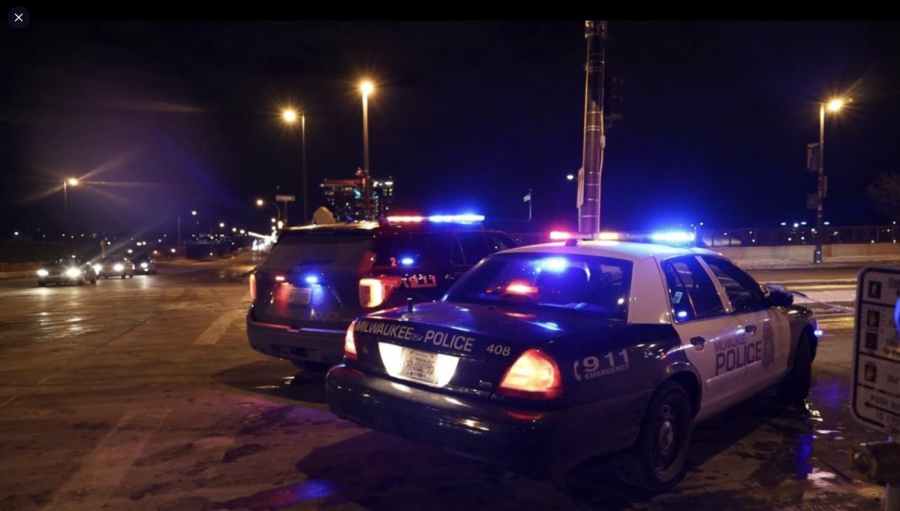Though the inquest jury of Derek Williams’ death recommended in February that the state file criminal charges against the three officers involved, John Franke, the special prosecutor assigned to the case, decided not to press homicide charges Friday. The three officers failed to respond to Williams’ request for medical attention and he died in police custody.
Franke decided against the recommendation because he did not believe there was enough evidence to establish guilt of homicide beyond a reasonable doubt.
Williams, 22, diedin the back of a squad car in July 2011, most likely, from a sickle cell crisis. He complained to officers about breathing difficulties for nearly 15 minutes before fainting and dying. The officers ignored Williams and told him “you’re breathing just fine.” Only after Williams became silent and was slumped over for several minutes did the officers respond with medical help and CPR.
Franke’s report concluded that the officers’ inattention and hesitancy to respond to Williams was a “grievous mistake” that deprived Williams of medical attention that may have saved his life. Franke said he could not aptly prove whether any additional medical help would have saved his life because of the uncertainty surrounding the cause of Williams’ death.
“Whether the mistake made any actual medical difference for Williams cannot be known because of the uncertainty about the cause of death and because, even if we accept sickle (cell) crisis as the cause of death, there is no way to determine whether earlier intervention by the paramedics would have made any difference,” the report read.
Though Franke chose not to press charges, Daniel Blinka, a professor at Marquette Law School, said such a decision is not legally binding, and further legal action could ensue for the officers. Along with the family filing a civil suit for monetary damages, Blinka said the officers involved could be charged at the federal level on the basis of a violation of Williams’ civil rights.
According to a March 29 article from the Associated Press, the U.S. Attorney’s Office in Milwaukee has not yet made a decision on whether to sue MPD for civil rights abuses.
Franke’s decision not to file charges was met with some protest and concern in Milwaukee.
A group of about 75 people marched down Wisconsin Avenue Friday protesting police brutality and Franke’s judgment, according to a March 30 article in the Milwaukee Journal Sentinel.
Mayleen Jordan, Williams’ aunt, told the Journal Sentinel in the same article that the family will continue to fight for a better outcome.
“As a family, we’re going to pray that there will be justice,” Jordan said. “As hard as they fight, we’re going to fight harder.”
Khalil Coleman of Occupy the Hood, a grassroots organization that has worked closely with Williams’ family, echoed Jordan’s commitment to justice.
“We will continue the fight for justice,” Coleman said. “Not just justice for Derek Williams, but justice for all civil and human rights.”
Community members invested in the Williams case called for the resignation of Milwaukee Police Chief Ed Flynn last fall. Flynn released a statement Friday reacting to Franke’s decision in which he said the involved officers – Jason Bleichwel, Jeffrey Cline and Richard Ticcioni – will return to active duty soon.
“I have learned of Judge Franke’s decision to not file charges in connection with the death of Derek Williams,” the statement read. “The Milwaukee Police Department cooperated fully with the inquest process, and members of our Internal Affairs Division observed the inquest proceedings. No new information was brought to light that would lead us to reopen our original internal investigation. Based on this fact, the officers will soon be returned to full-duty status. The Milwaukee Police Department is committed to the protection of the community and to restoring the trust of those whose confidence was shaken by these events.”




